
Research co-design and partnership is at the center of WUICAN. Our unique network includes 11 different community partners such as Tribal leaders, land managers, local city governments and an interfaith working group. Additionally, there are university members in environmental science, the humanities, law and social sciences from UC Irvine, UC Riverside and UC San Diego.
Learn more about WUICAN’s partner organizations and the work they do:
Allison Lab, UC Irvine
The Allison Lab studies the implications of climate and environmental change for ecosystems around the globe. At scales from genomes to the entire planet, we combine experiments and models to analyze the diversity, functioning, and evolution of microbial life. Using a transdisciplinary approach, we apply this insight to improve predictions of carbon cycling and climate feedbacks. Principles of safety, equity, transparency, and open-mindedness guide our research culture and provide a supportive environment for individuals from diverse backgrounds. We embrace team-based thinking that engages multiple perspectives and prioritizes social justice in solving environmental problems. Through training and mentoring, we strive to learn from one another while elevating the collective impact of our research.
Learn more about The Allison Lab
Contact: Steven Allison, allisons@uci.edu
Blas Aguilar Adobe Foundation

The Blas Aguilar Adobe Foundation stewards the historic Blas Aguilar Adobe—built in 1794 and located in the heart of Acjachemen territory in San Juan Capistrano. The Foundation shares the rich history of the Acjachemen people and early California through cultural exhibits, school presentations, and community events. Dedicated to education and preservation, the Foundation offers weekend tours and hands-on programs that honor Acjachemen traditions and deepen public understanding of Orange County’s Indigenous roots.
Center for Environmental Biology, UC Irvine
The Center for Environmental Biology (CEB) facilitates research, education, and outreach in conservation and restoration science to help develop innovative solutions to environmental problems. Our mission is to link academic research with the conservation, restoration, and stewardship of natural systems, and to educate the next generation of environmental biologists and stewards. We run an undergraduate internship program in which interns are engaged in authentic environmental research and outreach experiences to enhance their expertise in science, education, and outreach, especially related to the stewardship of natural resources. We use science to conserve and maintain biodiversity. The center provides: (A) A forum for information exchange within the campus community. (B) Recognized core of expertise visible through conferences, workshops, websites, and publications. (C) Coordinated research facilities and infrastructure that serves a community of researchers, educators, and decision makers. (D) Linkages between UCI and external agencies and organizations that have an immediate need for research and students trained in environmental biology.
Learn more about the Center for Environmental Biology
Contact: Sarah Kimball, skimball@uci.edu
Center for Land, Environment and Natural Resources (CLEANR), UC Irvine
The Center for Land, Environment & Natural Resources at UC Irvine School of Law partners with community-based organizations, non-profits, and federal, state, and local government agencies to conduct legal research, policy analysis, environmental science, evaluation, and collaborative policy design. Its Director, Gregg Macey, serves as a Co-PI of WUICAN. The Center’s mission is to increase the capacity of partners to carry out policy-relevant research in the following areas: Ecology and Climate Policy, Land Use Planning and Climate Action, Community Environmental Research, Pesticide Reform and Farmworker Health, Air Quality and Goods Movement, Transportation and Infrastructure Equity, Environmental Monitoring and Data, and Civil Rights Law.
Contact: Gregg Macey, gmacey@uci.edu
Photo credit: Gregg Macey, CLEANR
Cleland Lab, UC San Diego
Research in the Cleland Lab evaluates responses to global change at multiple scales, from individual plants to ecosystem-level processes. We rely on the unifying concept of plant functional traits, that reflect trade-offs in ecological and evolutionary strategies, and integrate the responses of species to their environment, as well as the impact of species on ecosystem level processes. We focus on the native and invasive plants in Southern California ecosystems, and utilize multiple modes of inquiry, including field experiments, lab studies, data synthesis, and observations along natural gradients. One particular trait of interest is phenology, or seasonal timing, which influences many aspects of plant ecology and evolution.
Learn more about the Cleland Lab
Contact: Elsa Cleland, ecleland@ucsd.edu
CLIMATE Justice Initiative, UC Irvine
The CLIMATE (Cultural, Learning, and Institutional Model to Accelerate Transformations for Environmental) Justice Initiative tackles issues of local climate change and environmental injustice through collaborative, community-engaged research. It seeks to transform the culture of the geosciences by fostering a learning environment that brings on-the-ground challenges of environmental justice and sustainability into the heart of our research and education.
Learn more about CLIMATE Justice Initiative
Contact: Robert Garcia, garciar1@uci.edu
Photo credit: Kathleen Johnson, CLIMATE Justice Initiative
Crystal Cove Conservancy
Crystal Cove Conservancy is the nonprofit public benefit organization partnered with Crystal Cove State Park. Together with our State Park partners, our mission is to restore the park, educate our future environmental leaders, and protect Crystal Cove, and places like it, for generations to come. Today, The Conservancy is one of California State Parks’ largest public benefit organizations and has become a nationally recognized model for public-private partnerships. In addition to restoring the historic Crystal Cove Beach Cottages, The Conservancy offers extensive STEM education programs for K-12 students, as well as internships aimed at introducing young adults to careers in the environmental field.
Learn more about Crystal Cove Conservancy
Contact: Jen Mendez, jennifer@crystalcove.org
Photo credit: Crystal Cove Conservancy
Department of Anthropology, UC Irvine
The Department of Anthropology at the University of California, Irvine is at the forefront of innovation in anthropological research. It has become recognized as one of the top anthropology programs for graduate work in the United States. It is the second largest sociocultural program in the University of California system and among the twelve largest nationally. The Department focuses on social and cultural anthropology, with a strong emphasis on understanding emergent processes and systems at a number of scales, including the local, national, and transnational level. The Department fosters a critical empiricism that employs a range of ethnographic, historical, and quantitative methods to address questions of subjectivity, political economy, and social inequality.
Environmental Humanities Research Center, UC Irvine
The UCI Environmental Humanities Research Center addresses contemporary and historical approaches to understanding environment and climate through expressions of culture. Promoting research, teaching, and collaborative community outreach, the Environmental Humanities recognizes that meaningful climate action will require every member of our society to alter the ways that we think and act in our shared environment. Scholars across the humanities seek to understand and respond creatively to how humans make sense of the world. Doing so for our environment means parsing the political conditions, legacies of imperialism, economic ideologies, and relationships between culture and technology that produced and continue to exacerbate the Earth’s precarious climate crisis. Through making connections and generating new ideas across its varied programming, the Environmental Humanities Research Center seeks to promote environmental justice and meaningful environmental change.
Learn more about the Environmental Humanities Research Center
Contact: James Nisbet, jnisbet@uci.edu
Environmental Programs, City of Irvine
More info coming soon…
Learn more about Environmental Programs at the City of Irvine
Getting Residents Engaged in Empowering Neighborhoods (GREEN-MPNA)
More info coming soon…
Harbor Christian Church
At Harbor, we have always believed in building creative, compassionate, and inclusive community. So, in 2021 we decided to combine our desire to build authentic community with our desire to be better stewards of earth. We joined a long running Blue Theology program in Pacific Grove, California as a southern outpost, and we welcomed our first group of youth and chaperones in July of 2022. Through Blue Theology, we have created authentic experiences for visiting groups that allow them to learn about the climate crisis from scientists and professionals, acknowledge and express collective grief over the climate crisis, and share the hope for a future where humanity lives in rhythm with nature, rather than against it. The community at Harbor is honored to have hosted this unique summer experience for the last two summers and we are so excited to be welcoming at least three new groups in the summer of 2024.
Learn more about Harbor Christian
Contact: Sadie Cullumber, pastorsadie@harborchristianchurch.com
Irvine Ranch Conservancy
Irvine Ranch Conservancy is a 501(c)3 non-profit organization committed to the highest possible standards of long-term land stewardship. Based in Orange County, California, our mission is to restore, protect, and enhance the ecological health of urban wildlands in a way that fosters compatible human behaviors and inspires connections and partnerships. Since 2005, Irvine Ranch Conservancy has ensured the protection, restoration, and enhancement of urban wildlands in Southern California, including the Irvine Ranch Natural Landmarks — over 40,000 acres of precious open space in Orange County that have been recognized for their biological and geological significance. We actively manage these critically important areas in partnership with the City of Irvine, City of Newport Beach, OC Parks, and numerous other community partners.
Learn more about Irvine Ranch Conservancy
Contact: Nathan Gregory, ngregory@irconservancy.org
Irvine Ranch Water District
Irvine Ranch Water District provides drinking water, sewage collection, sewage treatment, recycled water, and urban runoff treatment for almost half a million residents in 181 square miles of central Orange County, California. IRWD is known for its pioneering approach to water management, its innovative budget-based rate structure, its stable water rates, its cutting-edge water-efficiency programs, and its diverse, reliable, and safe water supply. IRWD owns, operates, and protects the San Joaquin Marsh Wildlife Sanctuary, which naturally cleans urban runoff before it flows to environmentally sensitive Upper Newport Bay and on to the ocean.
Jenerette Lab, UC Riverside
The Jenerette Lab’s research focuses on the coupling between biodiversity, energy fluxes, and biogeochemical cycling embedded within ecological landscapes. We conduct research across wildland, agricultural, and urban land uses. Linking processes across scales is central to our work—landscape dynamics occur at scales of microbes, to hundreds of kilometers, to the entire world. Everyone in the lab endeavors to both generate new understanding of how the world works and forecast the effects of global change drivers on sustainability trade-offs. Current activities are answering questions such as: What regulates biodiversity and ecosystem functioning within cities? What limits rates of nitrogen cycling and nitrogen trace gas emissions in high-temperature regions? What are landscape feedbacks to coupled carbon, nitrogen, and water cycles following grass invasions in arid ecosystems? The lab is part of the Center for Conservation Biology and the Department of Botany and Plant Sciences at the University of California Riverside.
Learn more about the Jenerette Lab
Contact: Darrel Jenerette, darrel.jenerette@ucr.edu
La Jolla Band of Luiseño Indians
More info coming soon…
Laguna Canyon Foundation
Following the historic November 1989 March to Save Laguna Canyon and the passage of the twenty-million-dollar bond measure by Laguna Beach voters in November 1990, Laguna Canyon Foundation was formed to facilitate the acquisition of open space. We had one mission: to negotiate with the Irvine Company to purchase the open space they had agreed to sell. We partnered with OC Parks and the City of Laguna Beach to make sure these lands would remain in public hands, leading to the creation of Aliso and Wood Canyons Wilderness Park in 1990 and Laguna Coast Wilderness Park in 1993. This land acquisition work continues today. In 2007, we began transitioning our mission from one of land acquisition to one of conservation and education, beginning our Title I school program, our volunteer program that connects over 130 dedicated individuals with OC Parks, and our stewardship program that improves the land in which we work. Our trail program launched in 2014, and we began partnering with the City of Laguna Beach on fuel modification work in 2015.
Learn more about the Laguna Canyon Foundation
Contact: Derek Breaux, derek@lagunacanyon.org
Living with Wildfire, UC Irvine

UCI’s “Living with Wildfire” Initiative explores scientific and cultural approaches to and understandings of wildfire in Southern California. The initiative was organized by researchers from the Schools of Social Ecology, Social Sciences, Physical Sciences, and Humanities seeking to address the urgent need for cross-disciplinary collaboration on responses to increasingly catastrophic wildfires in our region. Funded by the University of California Office of Research in 2022-2023, “Living with Wildfire” worked with local first responders, Indigenous and community land stewards, and artists to explore new approaches to wildfire mitigation and management as well as diverse cultural meanings of fire and the spectrum of entities it affects in both positive and negative ways. In 2022-2023, “Living with Wildfire” sponsored and co-coordinated an oral history project, a public art workshop series, and a wildfire curriculum unit. As part of the WUICAN grant team, the “Living with Wildfire” Initiative will continue to focus on advancing climate justice arts and education through the K-12 Project, which aims to facilitate the development of sustainable and collaborative networks between WUICAN partners, regional educational departments and programs, and K-12 educators to advance region-specific climate and environmental justice literacy projects
Learn more about Living with Wildfire (coming soon)
Orange County Environmental Justice
Formed in 2016, Orange County Environmental Justice Educational Fund (OCEJ) is a 501(c)3 multi-cultural, multi-ethnic environmental justice organization. We are developing grassroots leadership and advancing an environmental justice agenda within the ancestral homelands of the Acjachemen and Tongva Nations, now known as Orange County, California. Our mission is to fight for environmental justice by mobilizing and empowering marginalized community members.
Learn more about Orange County Environmental Justice
Photo credit: Keila Villegas, OCEJ
Research Justice Shop, UC Irvine
The Research Justice Shop (RJS), co-founded in 2018 and housed in the Newkirk Center for Science & Society, seeks to transform research practices to be more inclusive by facilitating equitable collaboration between the university and the communities most impacted by our collective social and environmental problems. We do this by collaborating with Black, Indigenous, People of Color (BIPOC)-led and BIPOC-serving community-based organizations.. As such, the RJS contributes to UC Irvine’s aspiration to be a Minority Thriving Institution, a great partner to Orange County’s diverse communities, and at the forefront of interdisciplinary, cutting-edge research. RJS trains individuals and organizations in research justice and community-based research methods; we consult on and implement community engagement strategies and conduct research projects that use community-based research methods such as participatory action research and photovoice; we also contribute to academic and practitioner scholarship on community-campus partnerships and the pedagogy of engaged scholarship.
Contact: Sarwat Chowdhury, sarwatc@uci.edu
Photo credit: Research Justice Shop
Sacred Places Institute for Indigenous Peoples
Sacred Places Institute for Indigenous Peoples began in 2012 to provide in-person and virtual spaces for Native Nations and Indigenous People to think and strategically plan about how best to protect their sacred sites as well as advance the environmental justice priorities of tribal communities. As one of very few California Native-led and BIPOC-staffed organizations in California working on these issues, Sacred Places Institute for Indigenous Peoples represents a unique, necessary voice within the environmental and ocean conservation movements.
Learn more about Sacred Places Institute
Contact: Angela Mooney-D’Arcy, angela@sacredplacesinstitute.org; Gabriella Lassos, gabriella@sacredplacesinstitute.org
Photo credit: Leroy Hamilton, Photography by Hamilton
School of Humanities, UC Irvine
The UCI School of Humanities is one of the original founding schools on campus and is currently the largest school, home to 22 majors, 37 minors, and the largest number of faculty on campus. The School fosters vibrant, interdisciplinary conversations and exploration through a rich variety of academic programs, research centers, initiatives and events. Our faculty, students, and staff collaborate across and between disciplines in order to address some of the most pressing issues of our times, including (but limited to) climate change and the environment.
Learn more about UCI School of Humanities
Contact: Kelly Anne Brown, kellyab@uci.edu
UCI Nature
UCI Nature offers UC Irvine’s faculty and students opportunities to bring their research, scholarship, teaching, public service, and developing careers out into the natural environment in a wide diversity of settings characteristic of California. UC Irvine directly oversees four protected natural areas, two of which include lodging facilities and are about a three hour drive from Irvine, and two of which are within walking distance of campus. UCI-Nature also maintains partnership agreements that facilitate access to additional natural areas and facilities not directly managed by the University. Together, these field-based assets span regional gradients across environments from the ocean to the desert, as well as a diversity of societal contexts, all within a few hours of campus. This system of assets available to UC Irvine’s faculty and students is connected on yet a larger scale to the system-wide UC Natural Reserve System (UCNRS), the largest university-operated reserve system in the world, including 41 sites and 756,000 acres. Each UC campus participates in the governance and management of the entire UCNRS network, in addition to system-wide staff.
Contact: Kailen Mooney, mooneyk@uci.edu
University of California Humanities Research Institute (UCHRI)
The University of California Humanities Research Institute (UCHRI) facilitates experimental, interdisciplinary humanities scholarship through partnerships, research initiatives, and competitive grants across the University of California system and beyond. In thinking differently, together, UCHRI encourages diverse perspectives and methodological approaches within the humanities and humanistic social sciences to foster innovative expressions of humanistic knowledge and expertise.
Contact: Matthew Hartman, mhartman@hri.uci.edu
WUICAN acknowledges our presence on the ancestral and unceded territory of the Acjachemen and Tongva Peoples, who still hold strong cultural, spiritual, and physical ties to this region.
Contact:
Research Justice Shop
researchjustice@uci.edu
Join the WUICAN mailing list
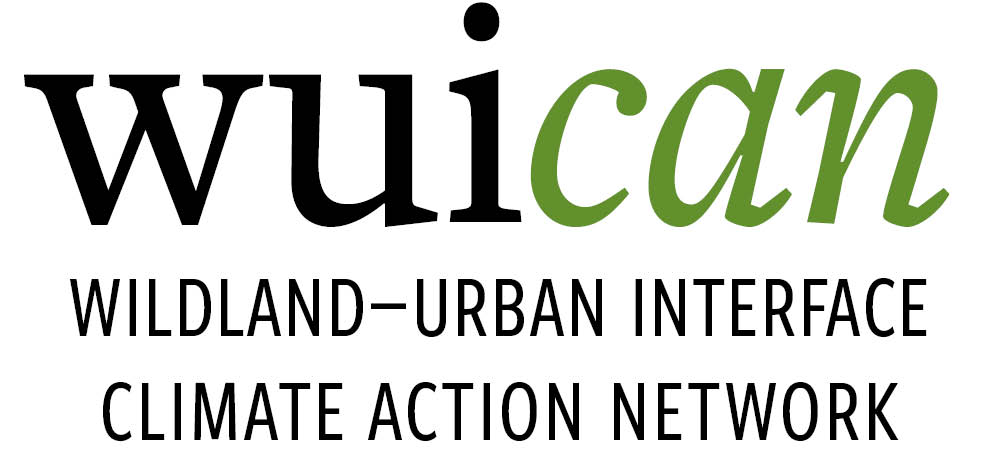

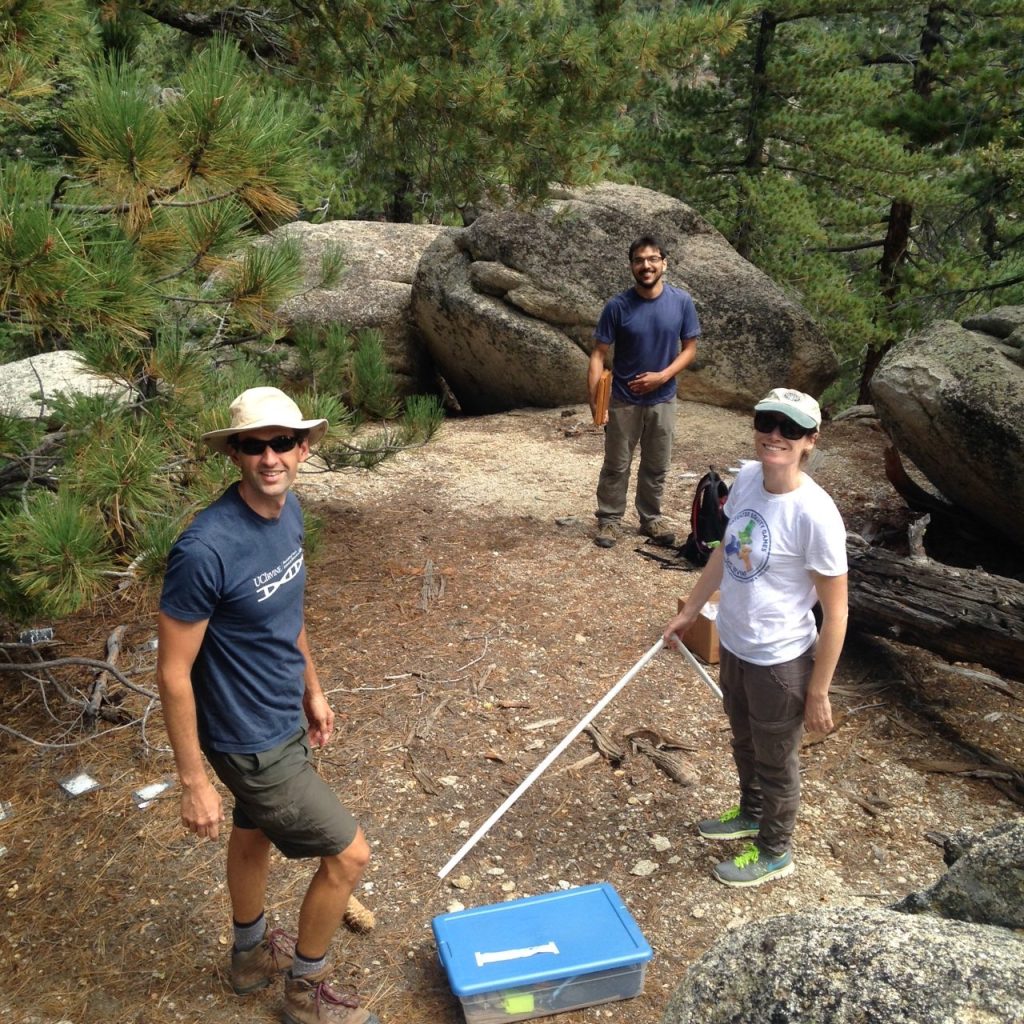
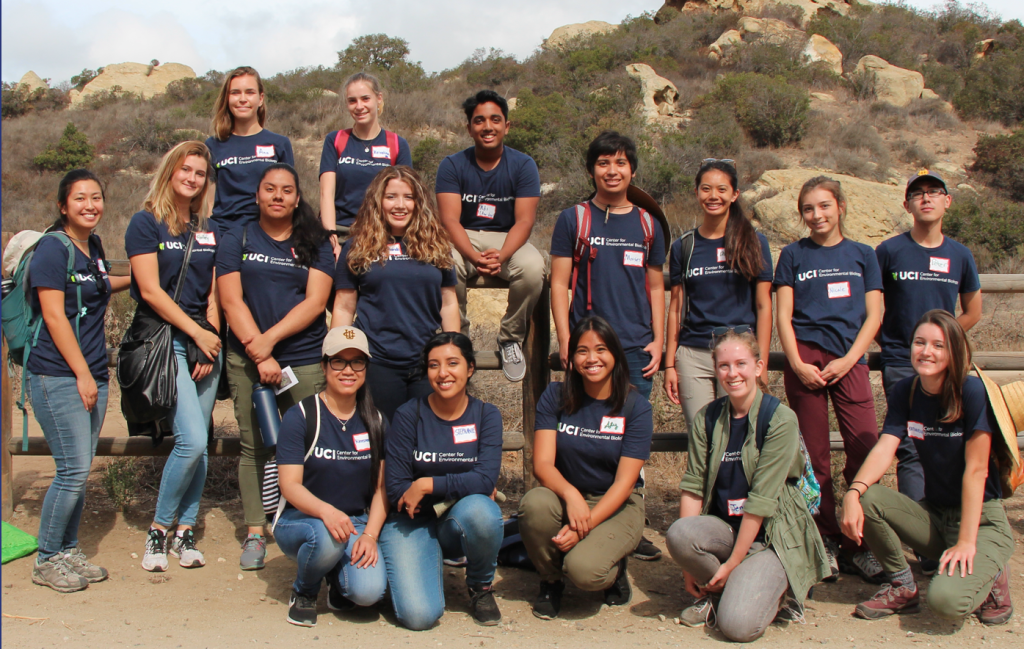
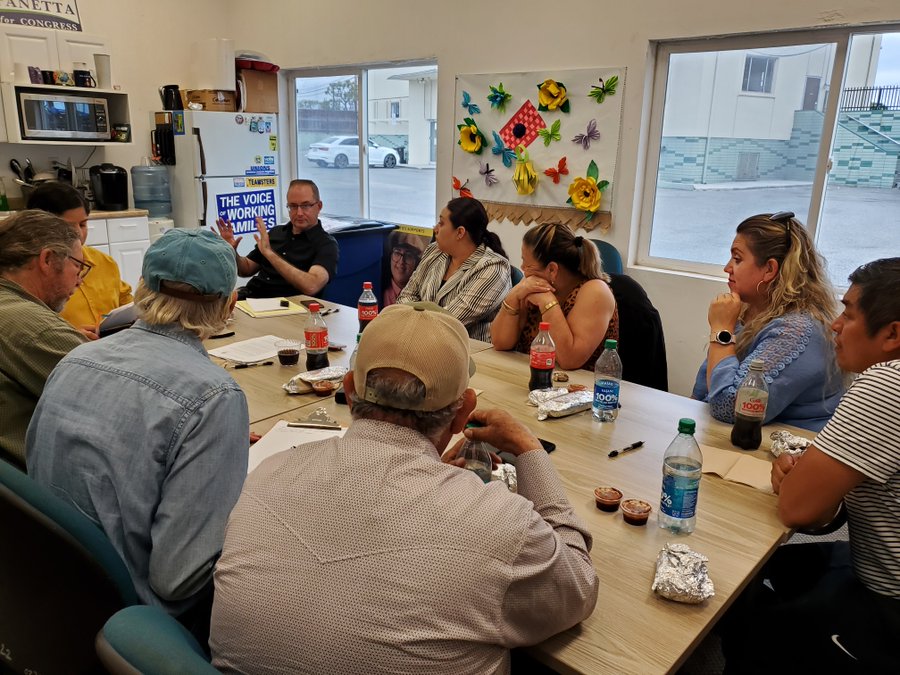
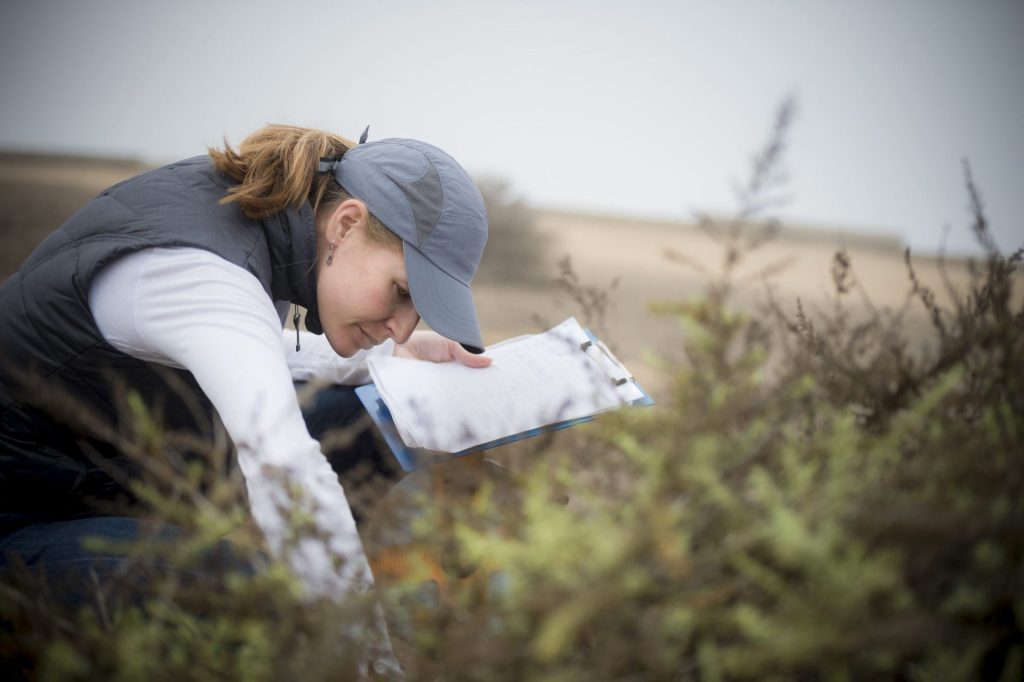
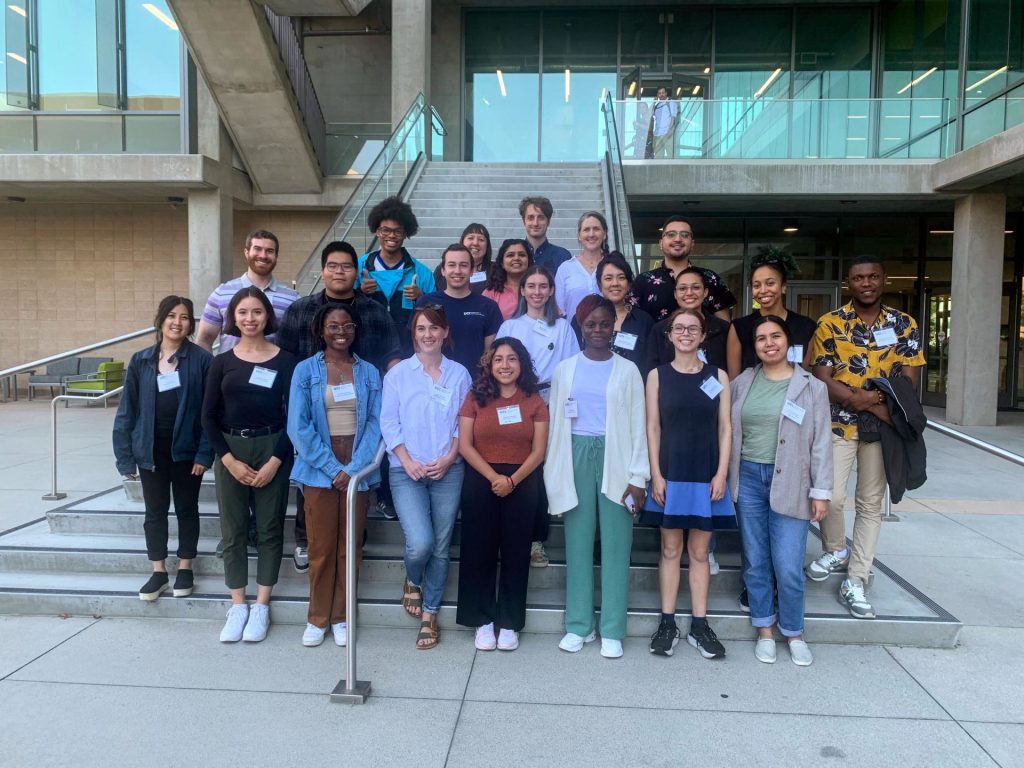






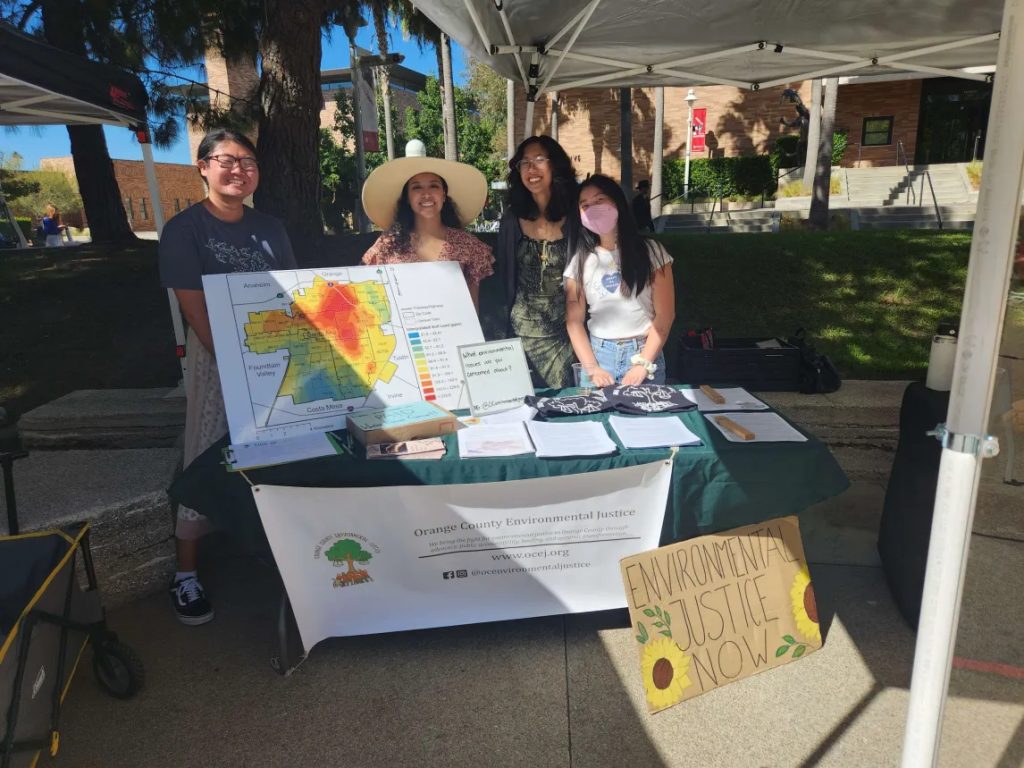


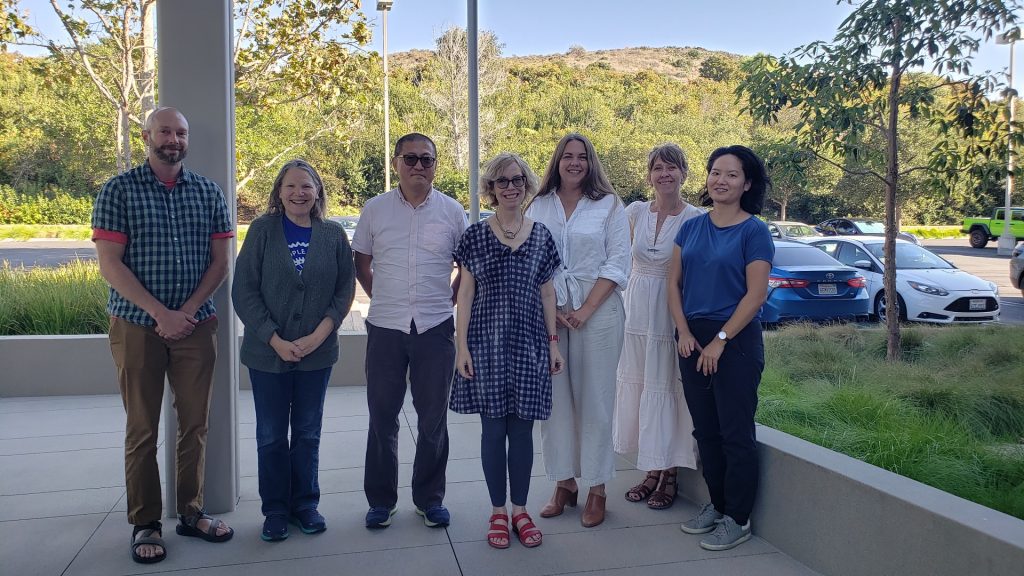
Follow us